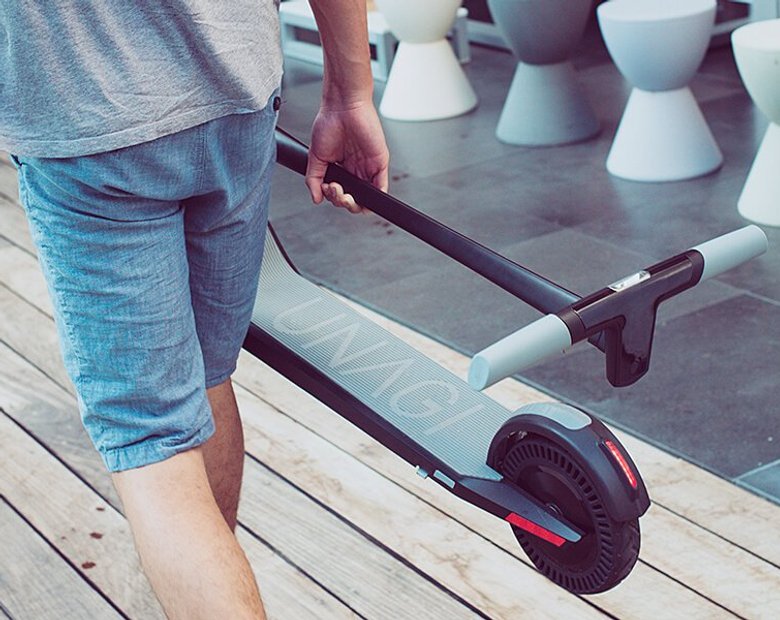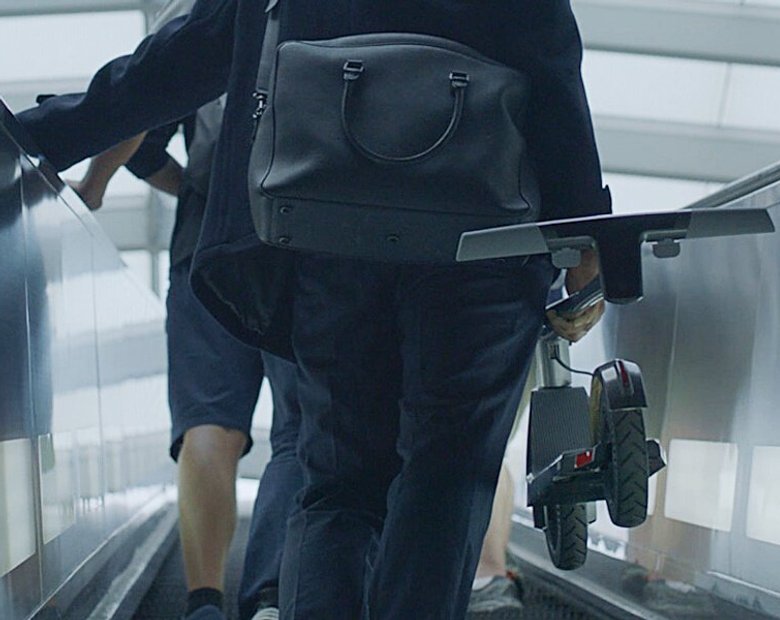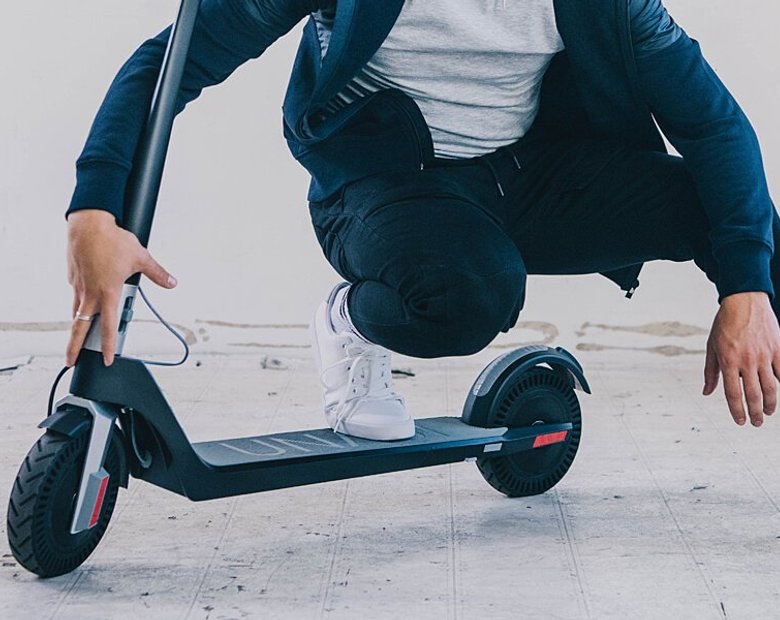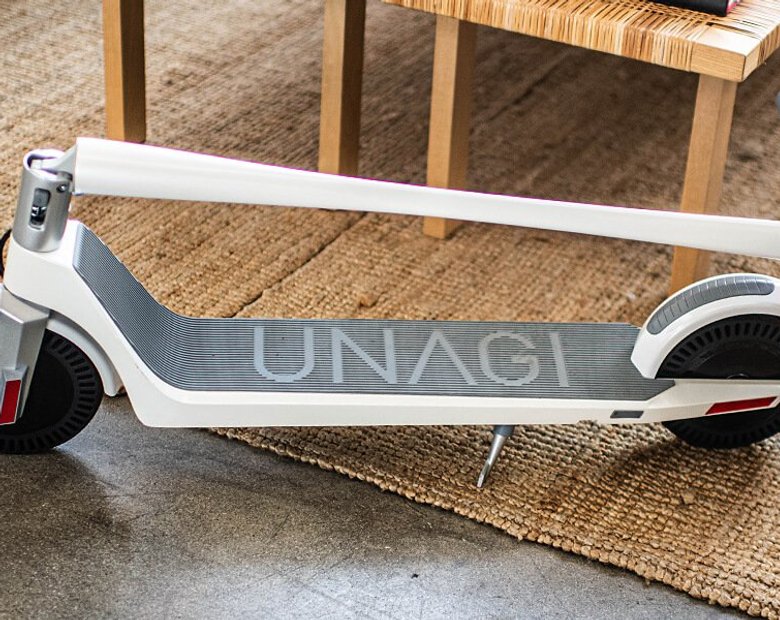As cities become more crowded and traffic worsens by the year, the old way of commuting becomes increasingly unsustainable. Commuters have recognized this fact and embraced new ride-share models that reduce their carbon footprint, cut transportation costs, and cut down significantly on the time spent on the road. At the forefront of this commuting revolution, electric scooters solve a number of problems in addition to being just plain fun to ride.
E-scooters are easily portable and require little effort to operate, and there are many other benefits besides, but questions remain for many who haven’t made up their mind: Are electric scooters worth the cost of ownership? Can a scooter replace my car? Is it better to buy a bike? Are electric scooters reliable, and can I actually save money by buying one? Below, we’ll take a look at some of these questions to help you decide if an e-scooter is right for you.
Costs of Ownership
In France, commuters spend between €90 and €200 a month on getting to work, totalling between €1,080 and €2,400 a year. Those numbers can go up or down depending on the distance and the mode of transportation, but overall, the costs of commuting are high, and the environmental impact of cars and buses even higher in the long term. While ridesharing can cut costs, it also introduces other problems—such as the ecological impact of thousands of broken bikes and scooters per year, and problems of reliability and access when thousands of commuters compete to use the same limited inventory of sharable rides.
The cost of shares has also gone up recently, as fees and exorbitant overhead costs take their toll on share companies. Some estimates place the yearly cost of riding shared bikes and scooters somewhere around €1,318/year. While this is significantly less than the cost of driving, that same amount or less could be invested in an electric scooter that can last for years, especially if it’s a well-designed model like Unagi. Coming in at just €999, the Unagi costs much less than most commuters will spend in 12 months of ridesharing.

The Benefits of Owning an E-Scooter
Will a Scooter Replace My Car?
Owning an electric scooter is clearly a cost-effective means of transportation. But the benefits of ownership go beyond economics. Electric scooters may not replace cars for longer trips: Unagi, for example, has a range of up to 15.5 miles (25km) on a single charge. However, this is more than enough capacity for most daily urban commutes and short trips around town.
So, while you might want to keep your car, you’ll find yourself using it significantly less, and contributing far less to traffic congestion and greenhouse gas emissions. Not only that, but you’ll also eliminate the time and expense of parking if you rely primarily on an e-scooter for your commute. Whether expensive monthly garage fees or daily meters, the cost of parking generally isn’t factored into yearly commuting estimates, meaning that you’ll be saving much more than just the cost of gas.

E-Scooter or Bike?
As for whether to buy a bike or a scooter, you’ll want to consider the fact that bikes—especially electric bikes—are heavy, cumbersome, and hard to store in compact spaces. They are also far more likely to be stolen than portable, folding scooters, which you can take to class or to the office and store under your desk—and in a closet or under the bed at home. Biking is great exercise, but you don’t always want a workout on the way to work. A non-motorized bike can mean a sweaty summer commute and extra time for a shower and change of clothes once you get to where you’re going.
E-scooters, on the other hand, are compact and lightweight, which not only means an easy, hassle-free ride for short journeys, but also means it’s easy to carry an electric scooter on subway cars and buses. More than any other transportation option, e-scooters can solve “last mile” problems commuters encounter when they live a little too far from public transportation to walk comfortably. Electric scooters offer the kind of flexibility in commuting that no other vehicle can, allowing riders to combine many different options for the most efficient routing through their city.
This flexibility makes e-scooters uniquely suited to the demands of rapidly changing urban lifestyles. They offer maximum mobility with minimal cost and effort. Run into bad weather? Unlike a bike, an electric scooter can easily be folded up and tossed into an Uber or Lyft. Owning your own scooter means you’ll never be stuck without transportation when all the shares are rented or conditions are less than optimal.

Are Electric Scooters Reliable?
As for reliability, you’ll find that an expertly crafted e-scooter will last several years with proper care and will require little to no maintenance. Another cost often left out of yearly commuting estimates is the significant expense of regular car maintenance and frequent repairs, which can be a huge drain on a budget. A single expensive car repair can equal the cost of a quality electric scooter like Unagi. Owning your own e-scooter also means having a far more reliable vehicle than shared bikes and scooters, since shares are subject to heavy use and abuse on a daily basis.
By virtually every measure, owning an electric scooter for daily commutes and short trips makes sound economic and environmental sense. E-scooters take up little storage space, are fun and easy to ride, and can be carried easily on public transportation. Unlike cars and bikes, which require routine maintenance, the only additional cost you’ll incur after the initial investment in a high-quality electric scooter like Unagi is the cost of a helmet or other safety gear.
With its sleek, lightweight design, easy folding mechanism, and rugged yet high-tech engineering, Unagi represents the best value on the market for an electric scooter that can replace most other options for short commutes—or can be combined with other options to make public transportation more accessible. Is it worth buying an electric scooter? We think so, and Unagi offers 30-day, no-questions-asked returns so you can find out for yourself risk-free. Try Unagi for yourself and see how much you can save.











